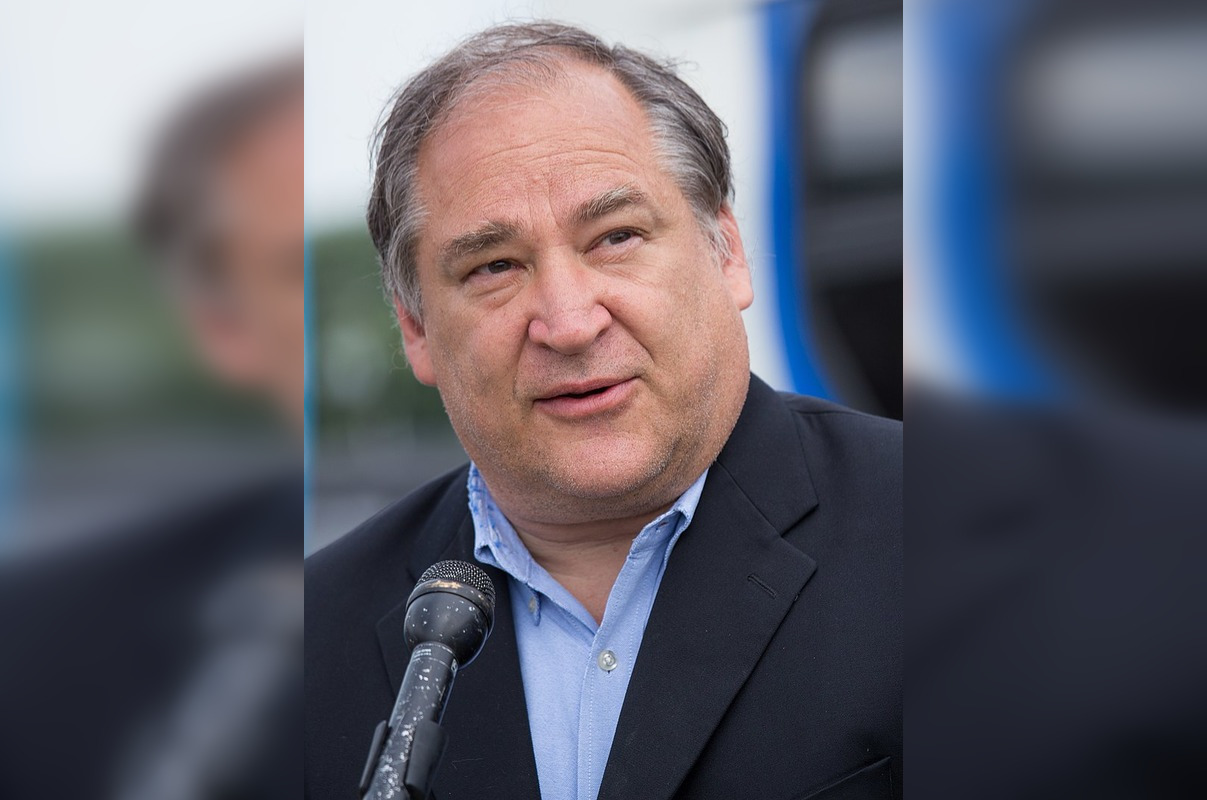In a decisive move that speaks to the complexities of urban development and fiscal responsibility, Montgomery County Executive Marc Elrich has vetoed Expedited Bill 2-25, a legislation aimed at promoting the conversion of semi-vacant commercial buildings into residential rental properties by offering a 20-year total property tax waiver. Announcing his decision, Elrich highlighted concerns over the bill's potential to "significantly negatively impact County revenues, adversely affect racial equity and provide excessive tax benefits to developers with no meaningful public benefit," according to a Montgomery County press release.Despite the bill's intent to target office buildings with a vacancy rate of 50% or higher, Elrich and his supporters argue that such tax incentives aren't necessary to spur residential development.
Speaking at a press conference, flanked by representatives from various community groups and the Montgomery County Government Employees Organization (MCGEO), Elrich referenced existing proof of commercial to residential conversions already happening "without any subsidies," as he told the gathered media, signaling a drive to seek out alternatives that don't jeopardize the county’s financial health.Montgomery County Civic Federation’s Cheryl Gannon and Alan Bowser, MCGEO’s Lisa Blackwell, Montgomery County Communities Coalition’s Jenny Sue Dunner and Howard Schoenholz, along with various community and town council members like Rohit Khanna, voiced their support for the veto. Khanna, a councilmember of the Town of Somerset, expressly criticized the way the bill was hurried through the decision-making process, stressing that the tax-paying public needs "a lot more transparency about how their tax dollars are being spent," as he stated in the county press release.

Local resident views emerged strongly against the bill, with criticism focusing on the perception that it heavily favored developers. Taking Geico's large property, which is currently occupied by a singular office building, opponents point out such locations would likely be developed even without financial enticements. In one instance, with direct impact on communities, "It is a handout without any showing of need," as Lloyd Guerci, of the Citizens Coordinating Committee on Friendship Heights, which encompasses 18 communities in the county, told the press at the conference.
Similarly, concern was raised by Brit Simantov of the Kemp Mill community, who appreciated Elrich's choice, saying, “By vetoing Payments In Lieu of Taxes (PILOT), he stood up for us because if PILOT were to pass it would directly threaten our Jewish way of life, disrupting the infrastructure, resources and stability that our families and community institutions depend on," as quoted by Montgomery County news.With this veto, Elrich has set the stage for a renewed discussion on the efficacy of tax incentives in achieving affordable housing goals while preserving essential county revenues and upholding racial equity. The Montgomery County Council now faces the task of considering these issues as they deliberate on whether to sustain or override the executive's veto.
.
Politics

Montgomery County Executive Marc Elrich Vetoes Property Tax Waiver Bill, Citing Fiscal Concerns and Lack of Public Benefit

Montgomery County Executive Marc Elrich vetoed a bill offering tax waivers for building conversions, citing revenue loss and lack of public benefit.















